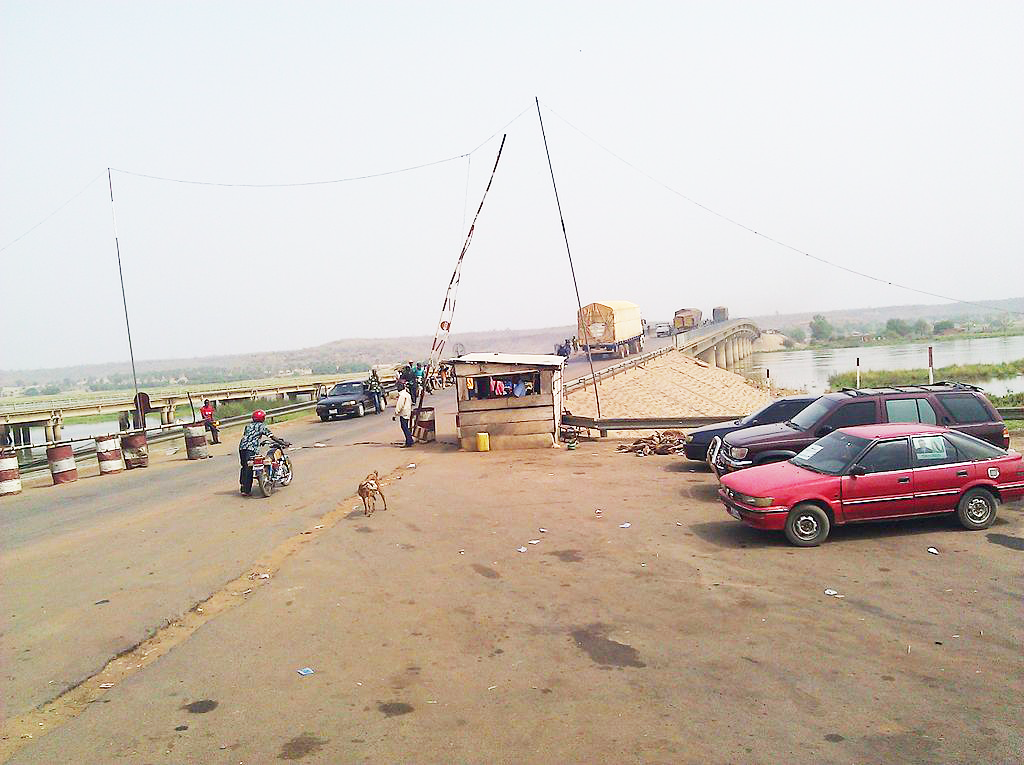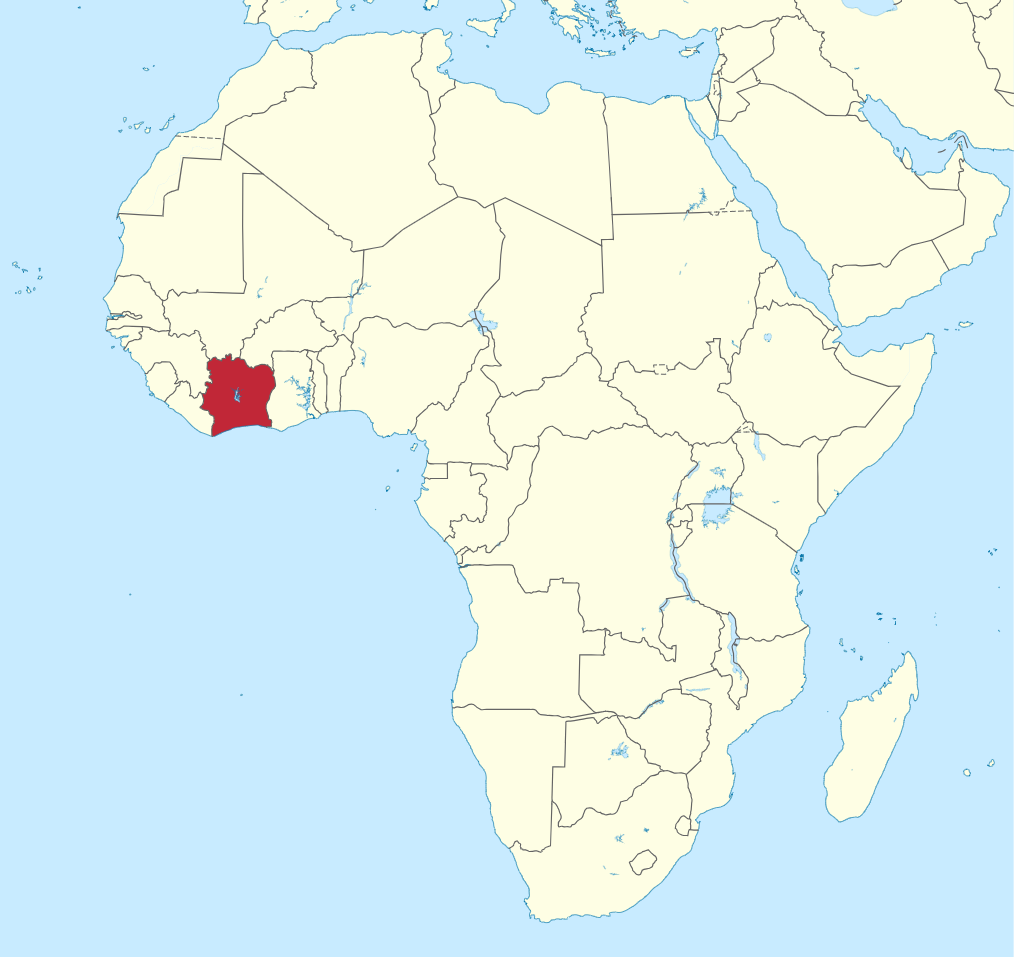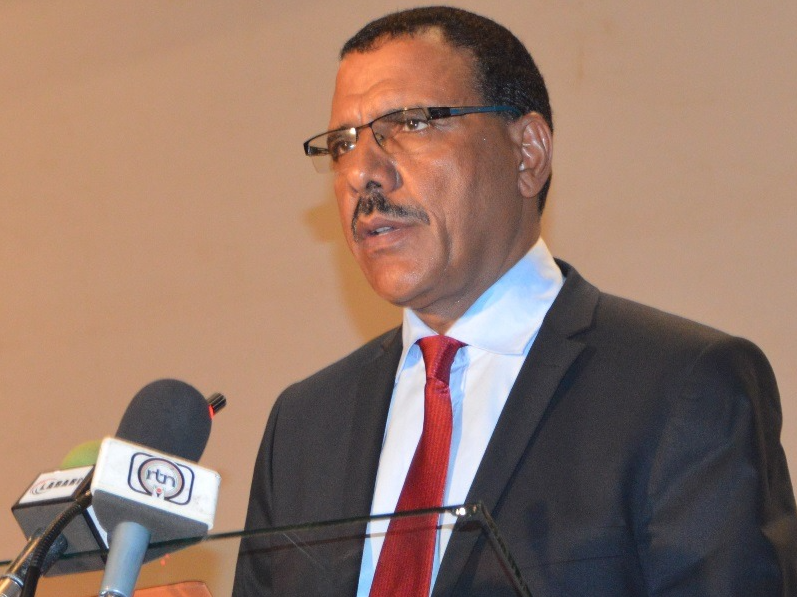
The Benin-Niger border crossing is set to be closed as per Niger’s fears that Benin might use the crossing to move ECOWAS troops and French equipment into Niger.
“[Benin] is accused of welcoming and transporting French equipment and ECOWAS soldiers to the border with Niger…At that location, residents say they are less worried.”
On 18 September, the Cameroon-based website, lopinionplus.com, published the below excerpted French-language article, which highlighted ongoing tensions in the region between Niger and Benin. According to the article, Niger’s military coup leaders, who overthrew the country’s democratically elected leadership in August, are closing the border with Benin. The new coup leaders in Niger allege that Benin is transporting Economic Community of West African States (ECOWAS) soldiers and French equipment to the border to support a potential invasion of Niger to restore the country’s civilian leadership.[i] The article notes that civilians in the Nigerien town of Gaya, which is situated near the border with Benin, remain unconcerned. Some civilians, for example, point to the longstanding territorial dispute over Lété (Summer) Island in the Niger River between Benin and Niger that began in 1963.[ii] The ramping up of forces on the Nigerien side of the border in response to the alleged ECOWAS actions now resembles that of 1963, but, civilians expect tensions to subside as they did 50 years ago. Nevertheless, geopolitical circumstances are different now. As the second excerpted French-language article from 20 September in Jeune Afrique reported, Niger has significant support in the Sahel from other post-coup countries, such as Mali and Burkina Faso. For example, the article mentioned how Burkina Faso passed a law authorizing the country’s military forces to aid Niger if any other “external army,” such as Benin’s, intervenes in Niger’s domestic affairs. Unlike the border dispute in 1963, the current tensions have a greater probability of reverberating throughout West Africa.
Sources:
“Niger: l’armée renforce son dispositif à la frontière du Bénin (Niger: the army reinforces its presence on the border with Benin),” lopinionplus.com (French-language Cameroon-based publication covering Francophone African affairs), 18 September 2023. https://lopinionplus.com/niger-larmee-renforce-son-dispositif-a-la-frontiere-du-benin/
Nigerien soldiers reinforced their security measures in Gaya, a border town between Malanville in Benin and Kamba in Niger that is located more than 300 kilometers from Niamey. [Benin] is accused of welcoming and transporting French equipment and ECOWAS soldiers to the border with Niger.
At that location, residents state that they are less worried…. In the years 1963-64 there were tensions between Benin and [Niger] because of Lété Island and there was a law enforcement deployment in Gaya. So this is the second time that we have this type of deployment…,” explained a resident.
“Le Burkina Faso vote une loi autorisant l’envoi de soldats au Niger (Burkina Faso votes for a law authorizing the sending of soldiers to Niger),” Jeune Afrique (French language online publication focusing on pan-African affairs), 20 September 2023. https://www.jeuneafrique.com/1484544/politique/le-burkina-faso-vote-une-loi-autorisant-lenvoi-de-soldats-au-niger/
On September 19, the Transitional Legislative Assembly passed a law authorizing the sending for “three renewable months” a military contingent to neighboring Niger, which has been threatened by an armed intervention of West African countries since the coup of July 26. The law, which was proposed by the transitional government, was unanimously approved by 71 members.These three countries [Burkina Faso, Niger and Mali], which are led by military regimes, signed a charter on September 16 in Bamako to establish an alliance of “collective defense and mutual assistance”, thus creating the Alliance of Sahel States (AES).
Notes:
[i] On 5 August, Benin announced that it would support ECOWAS to resolve the political unrest in neighboring Niger. Several West African states expressed willingness to military intervene in Niger if ECOWAS sanctioned an intervention. This could, therefore, imply that Benin will become a launchpad for an ECOWAS invasion of Niger if an invasion is sanctioned. See Philip Churm, “Benin pledges support for ECOWAS over Niger,” AfricaNews.com, 5 August 2023, 2023. https://www.africanews.com/2023/08/05/benin-pledges-support-for-ecowas-over-niger//
[ii] In the early 1960s, Dahomey (as Benin was known until 1975) and Niger failed to resolve through negotiations their border dispute over Lété (Summer) Island, but both countries’ militaries eventually disengaged from the border region. Ultimately, the International Court of Justice ruled in Niger’s favor in 2011. The island is 16 km long and 4 km wide and is passable by foot for pastoralists from one bank of the river to the other bank during the dry season. For more, see: Markus Kornprobst, “The management of border disputes in African regional subsystems: comparing West Africa and the Horn of Africa,” Journal of Modern African Studies 40:3 (2002), 369-393.
Image Information:
Image: The Benin-Niger border crossing is set to be closed as per Niger’s fears that Benin might use the crossing to move ECOWAS troops and French equipment into Niger.
Source: YoTuT from United Stateshttps://commons.wikimedia.org/wiki/File:The_border_crossing_into_Benin_from_Niger_(5488529569).jpg
Attribution: CC x 2.0



